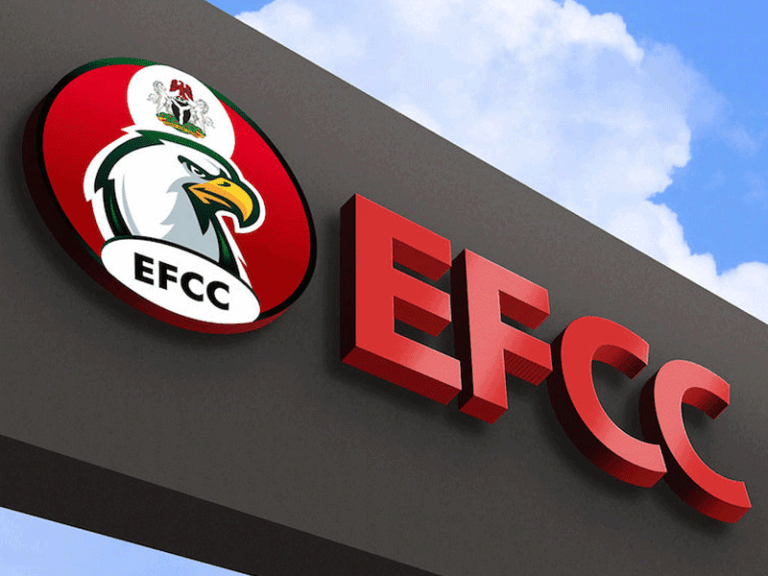The Chairman of the Economic and Financial Crimes Commission (EFCC), Ola Olukoyede, has issued a strong warning to individuals and businesses against transporting more than $10,000 (or its equivalent in any currency) out of Nigeria without proper declaration. According to him, non-compliance with this regulation is a criminal offence that carries severe consequences, including imprisonment, heavy fines, and asset forfeiture.
Olukoyede’s message was delivered in Kano on Saturday, April 26, during a joint sensitisation program organized by the EFCC, Nigeria Customs Service (NCS), and Independent Corrupt Practices and Other Related Offences Commission (ICPC). The event aimed to educate the public—especially Bureau De Change (BDC) operators and cross-border business stakeholders—on the legal requirements for transporting cash in and out of Nigeria.
Speaking through the EFCC’s Kano Zonal Director, Commander CE Ibrahim Shazali, the anti-graft boss highlighted widespread ignorance and intentional evasion of financial rules as the main reasons illegal cash smuggling persists.
“The consequences of illegal cash trafficking are grave—ranging from imprisonment and hefty fines to forfeiture of assets,” he stated. “Despite clear laws, many still attempt to bypass these rules, either unknowingly or deliberately.”
Olukoyede cited Section 3(3) of the Money Laundering (Prevention and Prohibition) Act 2022, which makes it illegal to transport over $10,000 without declaring it to the Nigeria Customs Service. In addition, Section 18 of the same Act mandates BDC operators to report any suspicious transactions to the Nigeria Financial Intelligence Unit (NFIU).
The EFCC boss warned that undeclared or smuggled cash often fuels money laundering, terrorism financing, and systemic corruption, further threatening Nigeria’s economic stability.
He also emphasized Nigeria’s commitment to global anti-money laundering efforts, noting that the country’s financial system is protected by a framework of laws including:
-
The EFCC Establishment Act (2004)
-
The Money Laundering (Prevention and Prohibition) Act (2022)
-
The Central Bank of Nigeria (CBN) Act
Representatives from the Customs and ICPC echoed the EFCC’s concerns, urging BDCs and other financial operators to embrace transparency and ethical conduct.
In his closing remarks, Olukoyede called for collective responsibility in safeguarding Nigeria’s economy:
“We urge all stakeholders to put national interest above personal gain. Compliance is not optional; it is a legal and patriotic duty. Together, we can stop illicit financial flows and promote economic security.”
The joint sensitisation program underscored a unified effort by Nigeria’s anti-corruption agencies to clamp down on financial crimes and ensure strict compliance with international financial standards.

